Scientists Say
A weekly word defined, in a sentence and in context. Click here to find the alphabetized list.
-
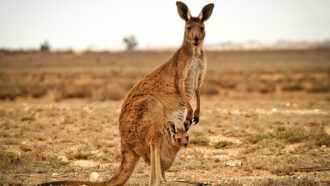 Animals
AnimalsScientists Say: Marsupial
These mammals are known for riding around in a pouch on their mother’s belly, where they continue developing after they’re born.
-
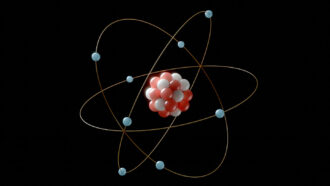 Chemistry
ChemistryScientists Say: Electron
Electrons are negatively charged particles. They are attracted to the positively charged particles in the center, or nucleus, of an atom.
-
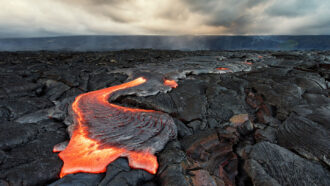 Earth
EarthScientists Say: Magma and lava
The word magma refers to molten rock deep inside Earth. That rock is called lava when it reaches Earth’s surface.
-
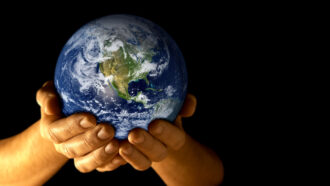 Earth
EarthScientists Say: Anthropocene
Humans are changing the world in profound ways. Some scientists think those changes have launched a new epoch in Earth’s history: the Anthropocene.
-
 Health & Medicine
Health & MedicineScientists Say: Tonsils
The tonsils are pads of tissue in the throat that are part of the body’s immune system.
-
 Brain
BrainScientists Say: Haptic
Haptic is an adjective used to describe things related to our sense of touch.
-
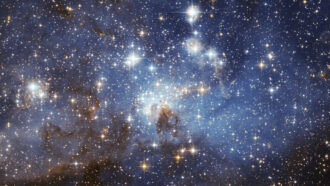 Physics
PhysicsScientists Say: Plasma
In physics, plasma refers to one of the four states of matter. In medicine, plasma describes the part of blood that ferries cells, nutrients and more throughout the body.
-
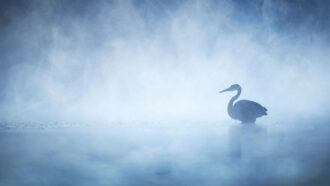 Materials Science
Materials ScienceScientists Say: Aerosol
Aerosols are tiny bits of solids or drops of liquids suspended in gas. Aerosols include mist, fog and soot, as well as pollution from fossil fuels.
-
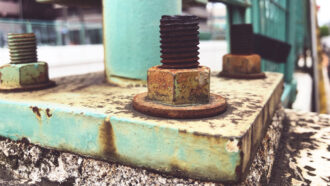 Chemistry
ChemistryScientists Say: Oxidation and Reduction
Oxidation and reduction are two parts of a chemical process in which one atom steals electrons from another.
-
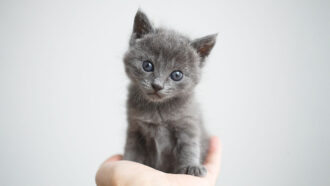 Physics
PhysicsScientists Say: Mass
Mass shows how much an object resists speeding up or slowing down when force is applied — a measure of how much matter is in it.
-
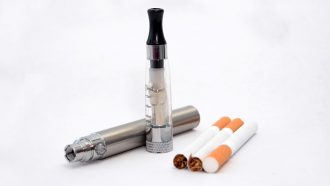 Health & Medicine
Health & MedicineScientists Say: Nicotine
Nicotine is an addictive substance found in tobacco plants. It's what makes it so difficult to quit smoking or vaping.
-
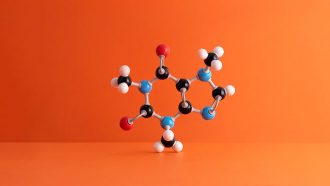 Chemistry
ChemistryScientists Say: Bond
In chemistry, this attachment between atoms forms because of the power of attraction. Chemical bonds make up every solid object on Earth.